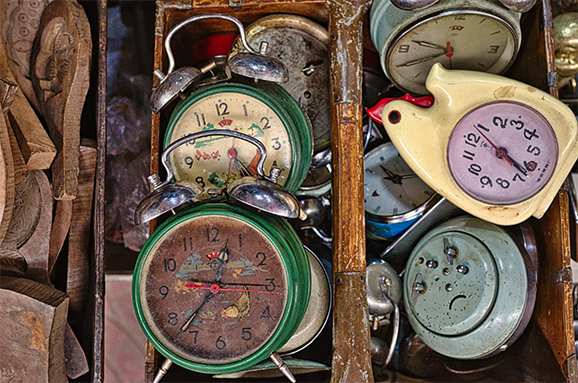Agree with your thinking
Don't get clocked this daylight saving Kia kore ai koe e whara i ngā haora o te raumati

Changing your clock for daylight saving might sound harmless. But we've received a few claims over the years to the contrary.
This Sunday it’s time to put the clock forward an hour.
Thankfully, smart digital devices make this change automatically. But there are still manual clocks that need adjusting twice a year.
Naturally, our advice is to think safety first when winding the hands of that high-up wall clock.
However, over the last five years – on days when daylight saving either starts or ends – there were 38 clock-related injuries.
On daylight saving, there were
Of those injuries,
There were
It can be a chore, and it's not uncommon for some to leave their clocks an hour ahead and do some fairly hefty mental gynmastics to calculate the actual time of day.
Not to mention having to dig around for the oven manual to work out which magical sequence of buttons will do the trick.
Less than four were using a ladder, four were perched on a table and fifteen were balancing on a chair.
So don’t get clocked this daylight saving - ensure you’re getting to those awkward clocks safely.
Find out more information about using a ladder safely.





